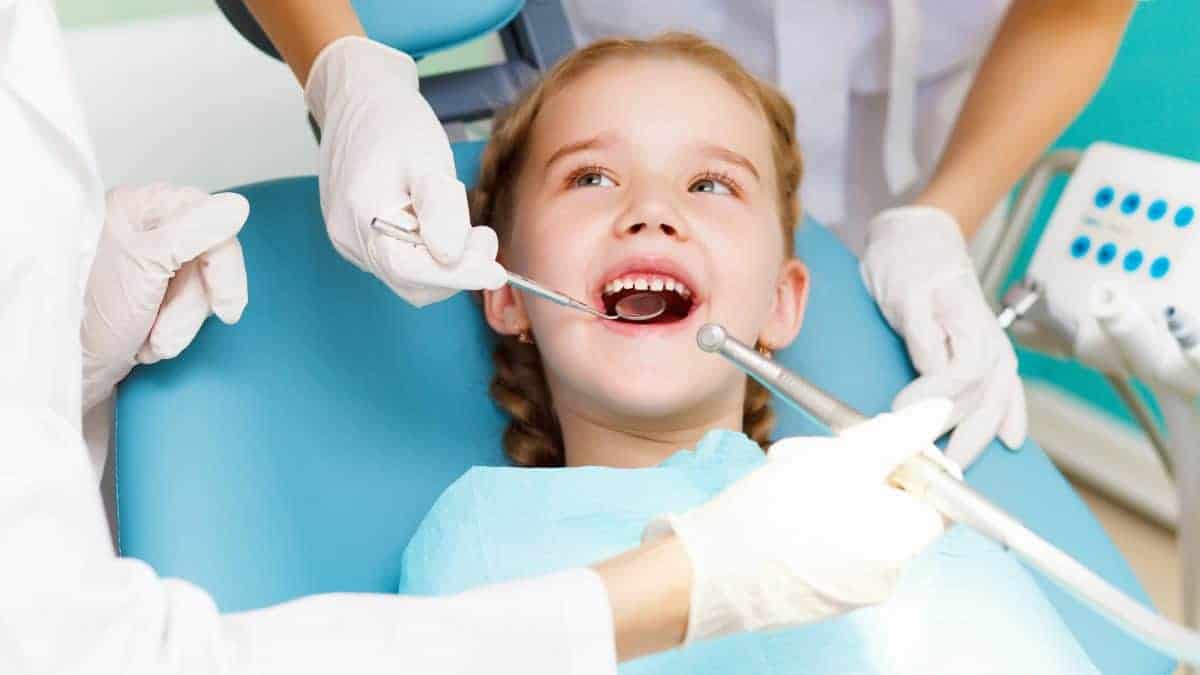
Maintaining good health is a dynamic and evolving process that requires unique considerations at each stage of life. From the delicate years of infancy to the golden years of retirement, individuals encounter distinct health challenges and opportunities for well-being. In this article, we explore the key aspects of health maintenance tailored to different age groups, recognizing the importance of customized approaches to nurture a lifetime of good health.
Infants and Toddlers (0-2 years)
In the formative years of life, health maintenance is centered around establishing a strong foundation for growth and development.
Nutrition
- Emphasis on breastfeeding or formula feeding for the first six months.
- A gradual introduction of age-appropriate solid foods for essential nutrients.
- Ensuring a balanced diet to support rapid physical and cognitive development.
Immunizations

- Adherence to recommended vaccination schedules to protect against common childhood diseases.
Safety Measures
- Baby-proofing the home to prevent accidents.
- Use of appropriate car seats and adherence to safe sleep guidelines.
Regular Check-ups
- Scheduling regular pediatrician visits for growth monitoring and developmental assessments.
Children and Adolescents (3-18 years)
As children grow, health maintenance involves fostering healthy habits and ensuring a strong foundation for a robust adulthood.
Nutrition and Physical Activity
- Encourage a balanced diet with various fruits, vegetables, and whole grains.
- Promotion of regular physical activity to support healthy growth and development.
Hygiene and Dental Care

- Teaching proper hygiene practices, including regular handwashing.
- Emphasis on dental care, including regular brushing and dental check-ups.
Mental Health Awareness
- Encouraging open communication and addressing mental health concerns promptly.
- Fostering a supportive environment at home and school.
Young Adults (19-40 years)
As individuals enter adulthood, health maintenance shifts towards responsible lifestyle choices and preventive care.
Healthy Lifestyle Choices
- Maintenance of a well-balanced diet and engagement in regular physical activity.
- Avoidance of excessive alcohol consumption and tobacco use.
- Adequate sleep and stress management through relaxation techniques.
Regular Check-ups

- Schedule regular health check-ups, including cholesterol, blood pressure, and cancer screenings.
Middle-Aged & Older Adults (41-60+ years)
During the middle and golden years, health maintenance involves preventive screenings and lifestyle adjustments while emphasizing holistic well-being and managing age-related changes.
Preventive Screenings
- Engagement in regular screenings for diabetes, heart disease, and cancer.
Healthy Diet and Exercise

- Maintenance of a heart-healthy diet and engagement in regular physical activity.
- Monitor for signs of metabolic changes and adapt your lifestyle accordingly.
Bone Health
- Ensuring adequate intake of calcium and vitamin D for bone health.
- Discuss bone density screenings with healthcare providers.
Regular Eye and Dental Exams
- Scheduling routine eye exams and dental check-ups.
Mental and Cognitive Health
- Engagement in mentally stimulating activities like reading, puzzles, and social interactions.
- Monitoring cognitive health and seeking medical attention for any concerns.
Conclusion
Health maintenance is a lifelong journey that evolves with age, encompassing nutrition, preventive care, mental well-being, and lifestyle choices. Understanding the unique needs of each age group allows individuals to tailor their approach to health, ensuring a resilient and thriving life. By embracing age-appropriate strategies, individuals can navigate the various stages of life with a proactive commitment to well-being, creating a foundation for a healthy and fulfilling existence.